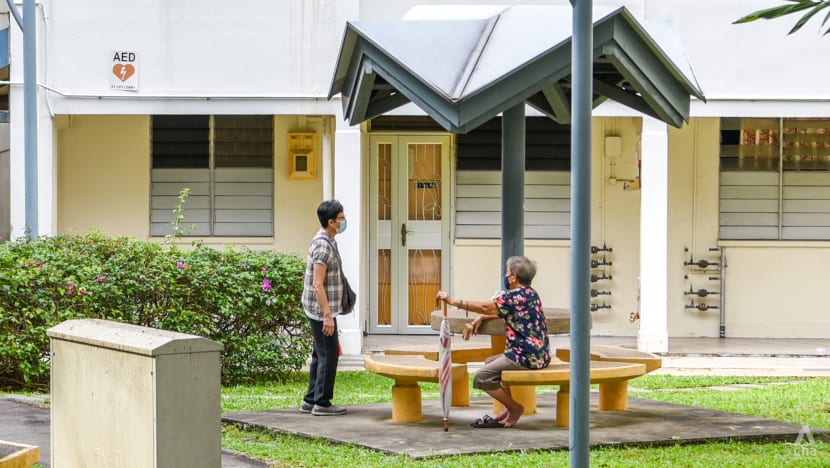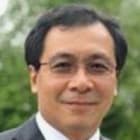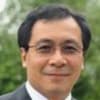Snap Insight: Ageing well is a challenge Singaporeans must take on together
Technology and a “we-first” Singapore spirit can contribute to the concept of ageing in place, says IPS’ Christopher Gee.


This audio is generated by an AI tool.
SINGAPORE: Age Well Neighbourhoods were one of the centrepiece initiatives in Prime Minister Lawrence Wong’s 2025 National Day Rally speech, dealing with the reality that Singapore is on the cusp of becoming a super-aged society. By 2026, 21 per cent of the population will likely be aged 65 and above.
Starting with Toa Payoh and one or two other areas where there are higher proportions of older residents, the Age Well Neighbourhoods initiative aims to deliver assisted living support and services to seniors where they live.
These services would include not just basic health check-ups but access to wellness and social activities such as kickboxing and carpentry workshops. For those requiring more assistance, they might access help with their daily living activities such as washing, eating and housekeeping.
Such services mirror those available in Community Care Apartments built by the Housing and Development Board (HDB) in estates like Bukit Batok and Queenstown, but extended to more seniors who choose to remain in their own flats.
IDEAL FOR LAND-SCARCE SINGAPORE
Mr Wong made the point that Singapore would not want to set up retirement villages for seniors to live separated and isolated from the rest of society. Instead, the Age Well Neighbourhoods concept would allow for seniors to age in the communities that they are familiar with.
This makes sense in land-scarce Singapore, with urban density allowing for services to be delivered much more readily to residents where they already live, rather than gathering them into dedicated retirement villages.
This in-community model of senior living will require a network of assisted living service providers that offer customised care and would thus be resource-intensive.
But this is where the other elements of the National Day Rally speech relating to technology and innovation as well as a “we-first” Singapore spirit can contribute.
New technological advancements such as artificial intelligence can drive significant productivity gains, for example, by reducing the time public officers spend on tasks such as note-taking.
Specifically in the case of healthcare, we might imagine that nurses would be freed from routine and repetitive administrative tasks. The time saved can be allocated to delivering personalised care in the community as part of the Age Well Neighbourhoods initiative.
All of us could embody the “we-first” Singapore spirit and volunteer our time to caring for others in our community.
Perhaps this is the way we might, as a united people, achieve happiness, prosperity and progress for our nation.
Christopher Gee is deputy director (research) and senior research fellow at the Institute of Policy Studies, National University of Singapore.
















